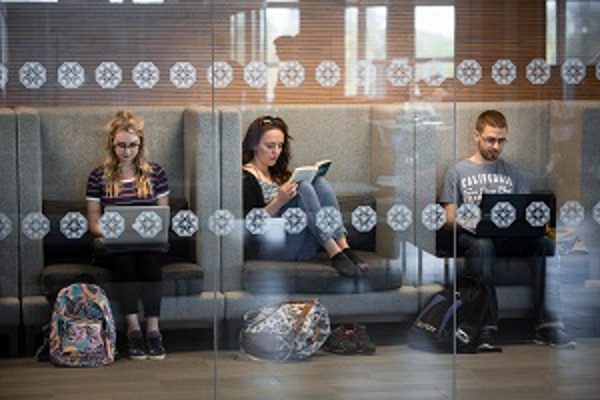While the coronavirus is predominantly a health issue that has been linked to more than 150,000 deaths in the UK, the pandemic and its associated lockdowns have had a more far-reaching impact on other aspects of society.
Students across all ranges have been particularly adversely impacted, especially those at university and pursuing higher education.
In this post, we’ll take a closer look at the impact of Covid-19 on such students, while asking how youngsters have been able to cope over the course of the previous two years or so.
A Look at the Numbers and the Wider Impact of Coronavirus
According to the numbers, some 74% of students reported that Covid-19 had taken a negative toll on their mental health, while a further 49% stated that it has also had an adverse effect on their finances.
But what were the reasons for this? Many students turn to part time job or quick short term loans as a temporary form of income before their student finance payments came in. However, the lockdowns associated with combating the coronavirus left most hospitality and entertainment venues (such as bars and nightclubs) closed for variable periods of time, causing students to sacrifice their nightlife and (in some instances) cost them their part-time jobs.
Despite having lost their primary source of income in higher education, people were still required to pay for their student accommodation. This caused immense stress and had a negative impact on each student’s mental wellbeing.
As a result of this chain of events, some students will have been required to seek out additional sources of income, distracting them from their all-important studies and making it difficult for them to achieve their best academic outcomes.
What About Virtual Learning?
The outbreak of Covid-19 also brought the concept of virtual learning into the mainstream, with this having been popularised and used as a way of maintaining education in a socially distanced setting.
Unfortunately, this had a detrimental impact on some students, many of whom felt as though they were not able to properly engage with online learning and struggled to optimise levels of knowledge retention in the process.
At the same time, students were once again required and expected to pay their tuition fees in full, creating a scenario where individuals were struggling to achieve value for money and compelled to pay money that they simply didn’t have.
The Last Word
Ultimately, higher education students have seen their entire university experience thrown upside down, from the way in which they’re required to learn to their social endeavours and difficulties in forming brand-new friendships.
These factors manifest themselves in a number of different ways, from virtual learning and the cessation of part-time work to the absence of famous uni bar crawls and an inability to visit bars and restaurants.
While the tide is now beginning to turn, students have suffered considerably through the coronavirus pandemic, although at least help has been made available through social networks and the availability of flexible lending solutions.
Help keep news FREE for our readers
Supporting your local community newspaper/online news outlet is crucial now more than ever. If you believe in independent journalism, then consider making a valuable contribution by making a one-time or monthly donation. We operate in rural areas where providing unbiased news can be challenging. Read More About Supporting The West Wales Chronicle
























